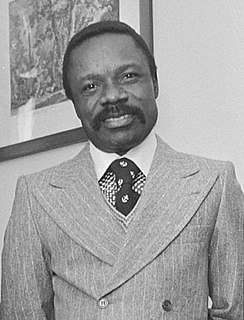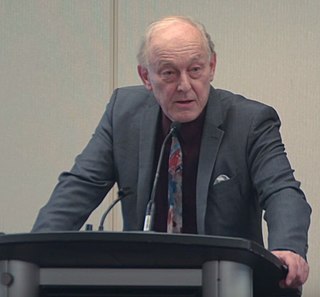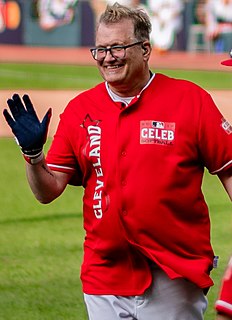A Quote by Richard Grenell
The money from wealthy nations to confront some very real global poverty and economic issues is largely given out of guilt.
Related Quotes
The solidarity which binds all men together as members of a common family makes it impossible for wealthy nations to look with indifference upon the hunger, misery and poverty of other nations whose citizens are unable to enjoy even elementary human rights. The nations of the world are becoming more and more dependent on one another and it will not be possible to preserve a lasting peace so long as glaring economic and social imbalances persist.
Hunger, disease and poverty can lead to global instability and leave a vacuum for extremism to fill. So instead of just managing poverty, we must offer nations and people a pathway out of poverty. And as president I've made development a pillar of our foreign policy, alongside diplomacy and defense.
The G20 was established as a forum to discuss, first and foremost, world economic issues. If we load it with... Of course, politics affects economic processes, this is obvious, but if we bring some squabbles, or not squabbles, rather, some matters that are really important but relate purely to world politics, we will overload the G20 agenda and instead of addressing such issues as finance, structural economic reforms, tax evasion and so forth, we will engage in endless debates concerning the Syrian crisis or some other global challenges, of which there are many, or the Middle East problem.
Nations are political and military entities, and so are blocs of nations. But it doesn't necessarily follow from this that they are also the basic, salient entities of economic life or that they are particularly useful for probing the mysteries of economic structure, the reasons for rise and decline of wealth. Indeed, the failure of national governments and blocs of nations to force economic life to do their bidding suggests some sort of essential irrelevance.
The United States is strongly committed to the IPCC process of international cooperation on global climate change. We consider it vital that the community of nations be drawn together in an orderly, disciplined, rational way to review the history of our global environment, to assess the potential for future climate change, and to develop effective programs. The state of the science, the social and economic impacts, and the appropriate strategies all are crucial components to a global resolution. The stakes here are very high; the consequences, very significant.
The public's continuing ambivalence about cultural matters is all the more striking given that the political conversation on these issues has for 30 years been dominated by an aggressive, radical right-wing insurgency that has achieved an influence far out of proportion to its numbers. Its potent secret weapon has been the guilt and anxiety about desire that inform the character of Americans regardless of ideology; appealing to those largely unconscious emotions, the right has disarmed, intimidated, paralyzed its opposition.







































